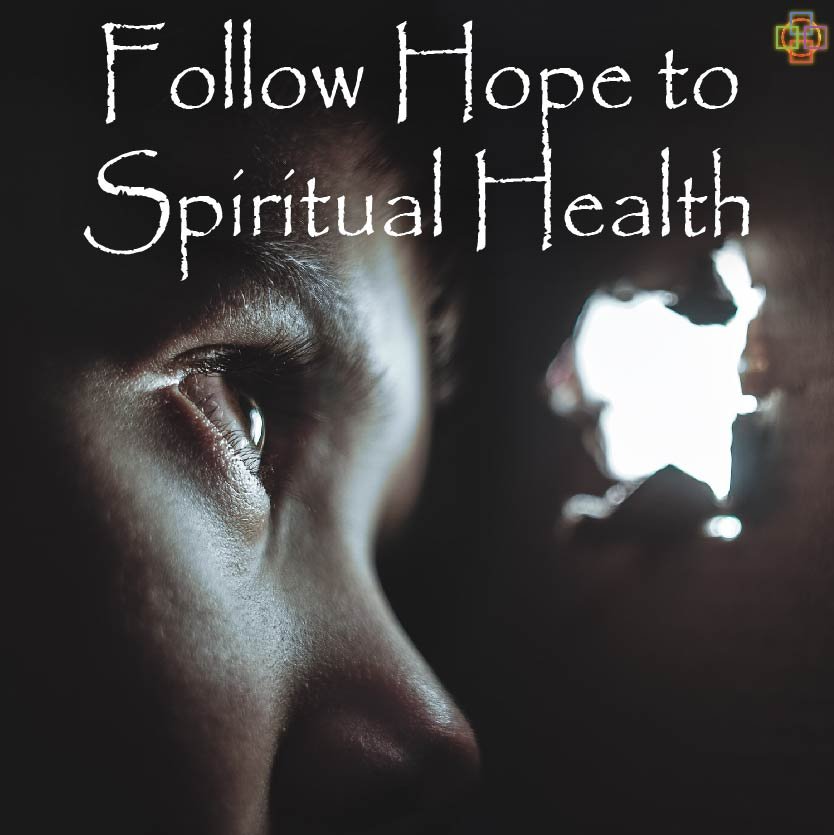
Read Our Written Sermons
grounded in a mystical, interfaith-Christianity inspired by Emanuel Swedenborg

See the Unity Within and Find Joy
There’s something about the holidays that speaks “joy.” Whatever we celebrate and for whatever reason, when it’s with family and friends (with treats and music) we can’t help but find some level of joy – at least, most of the time! In fact, it’s when we find a sense of oneness, setting aside our personal issues, as well as our political differences, historical arguments, and reactive judgments, that we often find the most joy during the holidays. For good reason! In a way, when we do this, we are setting aside our deep sense of personality (our ego) for our family and friends, or, in other words, we find the greatest joy and love when we “lay down our lives for our friends.”

Notice the Heart of the Present Moment is Peace-Filled Love
We each have different ideas about love. I think about loved ones, like my wife, when I think about love. I think about friends and my family. In these thoughts there’s a sense of unity with these other beings which I think is indistinguishable from love itself. This is perhaps why we can treat those we love not always so lovingly, because we treat ourselves not quite so lovingly. Why is that? Some sages tell us that the same reason we don’t treat every living being as a loved one is the same reason we often beat ourselves up, marinating in fear and suffering of some kind or another: we believe and fear that we are separate, isolated beings, defined by our passing minds and bodies, at risk of losing our very light of love when we die. The life of Christ (as with others) serves to remind us that we are not separate from God or each other, that we are one in the body of Divinity and only experience the sense of separation to the extent we believe in it, forgetting the heart of love that we all share and are.

Hope to Uncover Your Infinite Light
When I think of hope I think of my big white dog, Ghost. Always hopeful that we’re about to go outside. Hopeful for food, a good rub, and sometimes for play. She’s always hoping for greater joy, what some sages call peace in action, which she gets from the things that she loves with the beings she loves. She’s not concerned (at all) about differences in opinion, or a multitude of other concerns that plague us “more advanced” humans. And yet, it seems pretty clear that hope is there. Hope is natural because as living creatures we are all seeking happiness and joy within and embodied around us in some way. And whatever we call God, be it Christ, Allah, or Krishna, God’s further advent into our lives often starts with hope for just that.

Uncover the Wellspring of Joy Within
The angel in our reading said, “Do not be afraid, I bring you good news that will cause great joy for all the people,” but who exactly is this reading referring to when it says “all”? Often, the Christmas story’s impact is understood to be limited to “Christians.” But perhaps this understanding is missing the point entirely – that God’s Advent in history and continuing Advent in each of our lives is meant to uplift everyone, a phenomenon that’s always present, working to empower hope, peace, love, and ultimately, our joy. Moreover, this statement starts by enjoining us to release fear, pointing to God’s call to let go of our false ideas of self and turn to the reality of God’s Advent within us, no matter our tradition.

Abide in the Diverse Light of Love
I find it interesting, or perhaps devastating, that so many groups within traditions that espouse a loving God turn toward an interpretation of it that damns or condemns all others. Whether it be large veins of Christians, Muslims, Buddhists, or others, we all have a tendency to identify with our judgmental, dismissive, and controlling mind and let that guide our religiosity (or atheism) and life at times. When we start to let this go the shared centre between many of our traditions, the importance of being oriented toward loving compassion, is easily revealed. This week’s Christian Advent theme is exactly this topic, and today we explore how love is intrinsic to our very consciousness and how God is love and the light of consciousness itself, repeatedly asking us to come into our similarly loving and non-divisive nature.

Follow Hope to Spiritual Health
We all hope. We hope for this desire or that, for this justice or that award. And we hope we are safe in any situation. The hopes that we have can paint a picture of what we are about in our lives, what our gods are. Unfortunately, most hopes undermine our sense of peace and compassion as they are centered on fleeting things: our bodies, our reputations, our lust, our memory, and on. Indeed, the scriptures of many traditions share in the idea that our shared hope should be on the increase of love, peace, and wisdom itself, since, as we come to hope for these things, they naturally become more apparent within us and then, our hope transforms into the confidence and trust inherent in these eternal attributes.

The Transcendent Joy of the Holidays
Christmas and the holidays are an interesting time of year because no matter how seemingly nonreligious we become in Western society, we still love celebrating it and getting festive! I think this is because no matter our beliefs, there’s something compelling about the joy of the season, about the joy that comes when families connect, when we dress and celebrate festively, when we collectively listen to songs and messages about communal love, joy, and hope, and when we take some time away from the hubbub of life, focus on giving to the oppressed and our loved ones, and rest a bit in (relative) peace. We like to forget, but this is the type of joyous living that God encourages us to find throughout our traditions and specifically in the Christian Bible, and so perhaps there’s a lesson for us in the holidays that we can carry forward through the rest of the year.

Why Are There No More “Major” Miracles? Love
I find it interesting that despite the miracles found throughout holy texts, most of us don’t seem to see many miracles today (besides those “normal” ones of life itself!). If we look seriously at the spiritual insights that our scriptures try to present metaphorically (the reason why they’re often carried as communal parables), and particularly, at what kind of miracles these texts are trying to encourage, I think we might discover why there’s such a disparity! In short, I think it is the rootedness of miracles in love that helps explain what we might see as a lack of modern “major” miracles, similar to what the 18th-century interfaith-Christian mystic, Emanuel Swedenborg, proposed.
